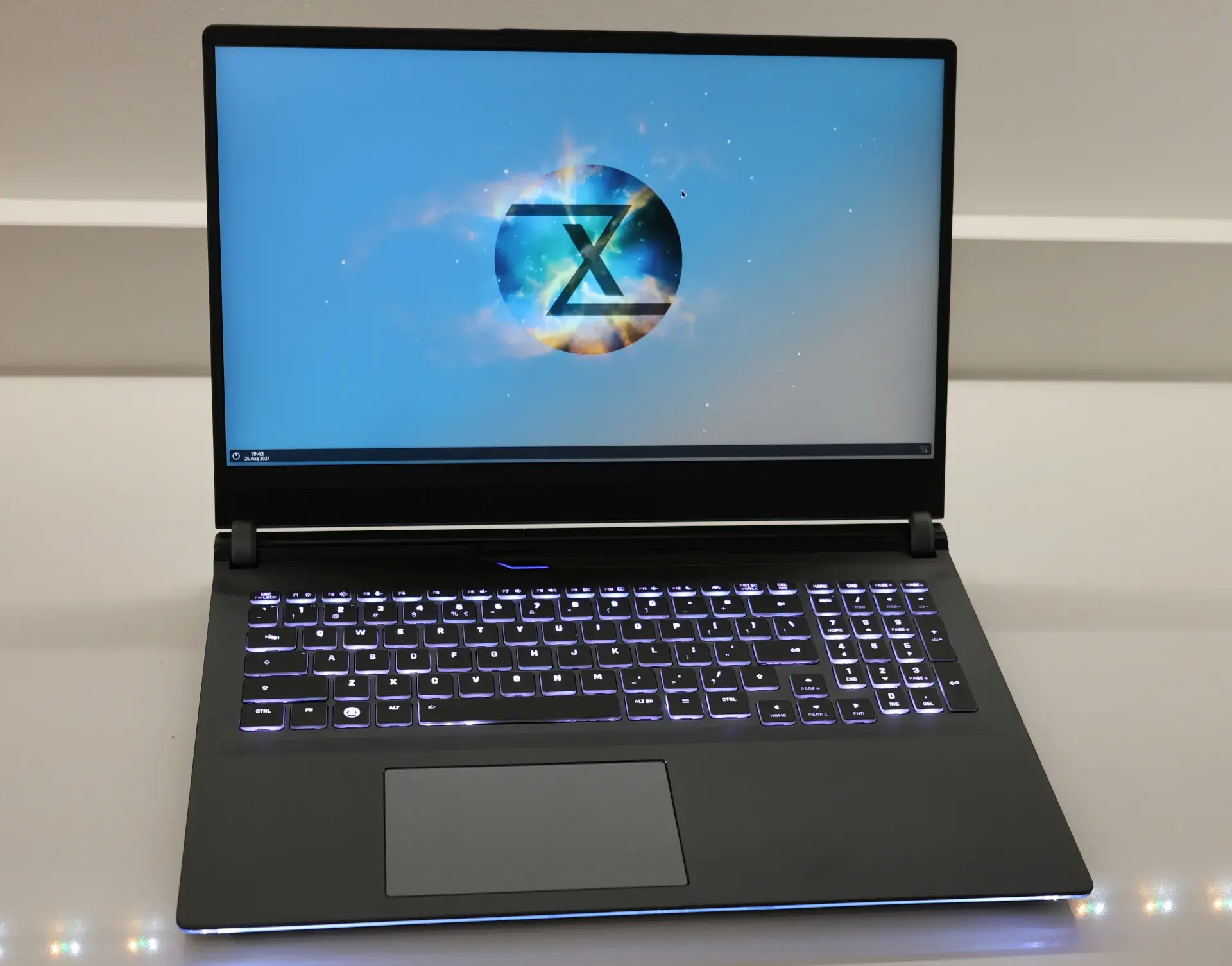A new patch series posted today to the Linux kernel mailing list would block kernel modules/drivers from TUXEDO Computers from accessing GPL-only symbols in the kernel.
TUXEDO Computers maintains a set of kernel drivers currently out-of-tree for their various laptops for additional functionality around power profiles, keyboard backlight controls, WMI, sensor monitoring, the embedded controller, and other functionality. They have said they want to eventually mainline these drivers but in the name of allowing for rapid hardware support they maintain them out-of-tree and ship them with their Ubuntu-based TUXEDO OS and also have the driver sources available via GitLab.
The issue at hand though is that these kernel drivers marked as GPLv3+ and that conflicts with the upstream Linux kernel code licensed as GPLv2. There was a commit to change the driver license from GPLv3 to GPL(v2) but was reverted by TUXEDO Computers on the basis of “until the legal stuff is sorted out.”
Update: TUXEDO Computers Relicenses Some Of Their Drivers To GPLv2
As of yesterday, TUXEDO Computers has now been able to re-license their driver consisting of fully in-house code from GPLv3 to GPLv2+. These are the TUXEDO Computers drivers where it’s all written by TUXEDO employees and not having to worry about code from any third-party developers or other vendors.
The gxtp7380, ite_8291, ite_8291_lb, ite_8297, stk8321, tuxedo_compatibility_check, tuxedo_nb02_nvidia_power_ctrl, and tuxedo_tuxi drivers are the initial ones able to be moved to the GPLv2+ licensing for satisfying upstream Linux kernel developers. Moving the other drivers to GPLv2+ will take longer due to needing to check with the associated parties that contributed to those drivers.



GPL3 has extra restrictions banning patients etc. So yeah a lot of GPL 2 code written by companies that open software but not hardware. Would have legal questions about running with GPL 3
GPL 3 was created to be more restrictive to non-open hardware.
GPLv3 is less proprietary than GPLv2, in the sense that it does a better job at protecting end-users from being abused by device makers that would try to close up their Linux-based system.
Only if those device makers are willing to use it. And that has always been the tightrope linux has walked.
Its very history as a x86 platform means it has needed to develop drivers where hardware providers did not care. So that code needed to run on closed hardware.
It was bloody rare in the early days that any manufacturer cared to help. And still today its a case of rare hardware that needs no non free firmware.
Free hardware is something I’ll support. But it is stallman et als fight not the linux kernel developers. They started out having to deal with patented hardware before any one cared.
Yeah, but dudes there are kinda pissed off about semantics, IMO. Like, unless there’s a PR from tuxedo using the same v3, I don’t think it should concern them in the slightest… And instead of saying “keep in mind it’s not upstreamable” they go out of their way to mark tuxedo’s patches as proprietary 🤨
Well related to the owner is the very definition of proprietary. So as far as upstream vs not available for upstream is concerned. That is what the term is used for in linux.
So yep by its very definition while a manufacture is using a licence that other distributions cannot embed with their code. Marking it proprietary is how the linux kernal tree was designed to handle it.
Ah, okay, thanks for clarification
Tuxedo is violating Linux’s licence - driver modules use the kernel and therefore have to be released under a compatible licence. That’s all.
Did you mean patents?
yeah, auto correct.